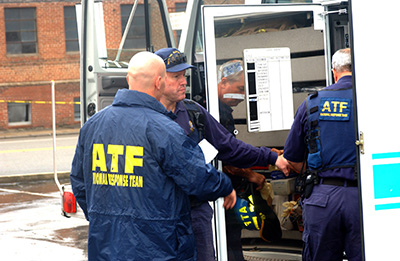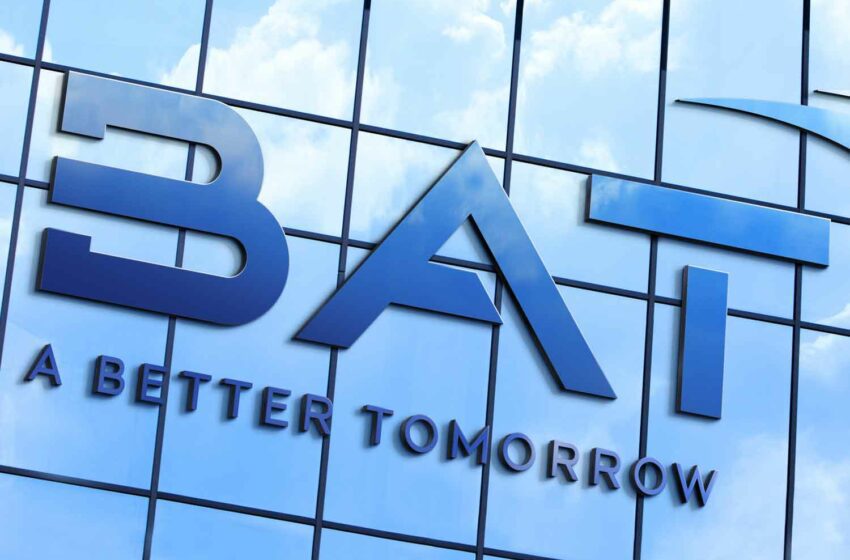In announcing its first-quarter results to the end of June, ITC said that the performance of its cigarette business had reflected the ‘extremely challenging operating environment for the legal cigarette industry in India, which is facing unprecedented pressure on sales volumes’.
Despite ITC being a diversified company, cigarettes account for 40 percent of its revenues and 85 percent of its profit, according to a Moneycontrol.com story relayed by the TMA.
‘The punitive taxation regime on legal cigarettes in India was exacerbated with two rounds of sharp increase in excise duty – in July 2014 and February 2015,’ said ITC. ‘This includes a cumulative increase of 115 percent on filter cigarettes of “length not exceeding 65 mm”, which has widened the price differential between legal and illegal cigarettes and made it extremely difficult for the legal cigarette industry to counter the unabated growth of illegal cigarettes in the country.
‘Over the last three years, the incidence of excise duty and VAT on cigarettes, at a per unit level, has gone up cumulatively by 98 percent and 104 percent respectively. The combined impact of such sharp increases in excise duty and VAT is exerting severe pressure on legal industry sales volumes.
‘High incidence of taxation and a discriminatory regulatory regime on cigarettes in India have, over the years, led to a significant shift in tobacco consumption to lightly taxed or tax-evaded tobacco products like bidi, khaini, chewing tobacco, gutkha and illegal cigarettes which presently constitute over 88 percent of total tobacco consumption in the country. Thus, the share of legal cigarettes in overall tobacco consumption has progressively declined from 21 percent in 1981-82 to below 12 percent in 2014-15 even as overall tobacco consumption has increased in India. Besides adversely impacting the performance of the legal cigarette industry, this has led to sub-optimisation of the revenue potential from the tobacco sector.
‘According to a recent independent study, it is estimated that products representing 68 percent of overall tobacco consumption in the country escape taxation as they are manufactured in the unorganised sector with little statutory oversight. As a result, revenue collections from the tobacco sector are sub-optimised even as the overall tobacco control and health objectives remain substantially unfulfilled.’
ITC said there was a requirement for an India-centric tax and policy framework for tobacco that took account of the unique tobacco consumption pattern in the country.
But at the moment, it said, the imposition of discriminatory and punitive VAT rates by some states provided an attractive tax arbitrage opportunity for illegal cigarette trade by criminal elements.
‘The consequential decline in legal cigarette volumes in such states has led to stagnation/decline in revenue collections, even as illegal cigarettes gained significant traction,’ ITC said. ‘On the other hand, the pragmatic decisions of several state governments to rationalise VAT on cigarettes have facilitated improvement in revenue buoyancy and arresting the growth of illegal trade.
‘According to an independent study conducted by Euromonitor International – a renowned global research organisation – India is now the fifth largest market for illegal cigarettes in the world. In fact, illegal trade comprising smuggled foreign and domestically manufactured tax-evaded cigarettes is estimated to constitute one-fifth of the overall cigarette industry in India resulting in a huge revenue loss of over Rs.7000 crores (Rs70 billion) per annum to the national exchequer.
‘There is an urgent need for stability in tax rates on cigarettes to reverse the undesirable consequences of a punitive and discriminatory tobacco taxation policy. The company continues to engage with the concerned authorities, both at the central government and state level, highlighting the need for moderation in tax rates on cigarettes to maximise the revenue potential from the tobacco sector and contain the growth of the illegal segment.’
ITC’s net profit for the quarter, at Rs22.65 billion (US$353.0 million), was up by 3.6 percent from that of the first quarter to the end of June 2014, Rs21.86 billion (US$340.7 million), on revenues of Rs85.06 billion (US$1.3 billion), down 7.2 percent from Rs91.64 billion (US$1.43 billion), according to a Financial Express story relayed by the TMA.
The company’s cigarette-business net sales, at Rs27.81 billion (US$433.5 million) were up from Rs27.22 billion (US$424.3 million) a year earlier.







